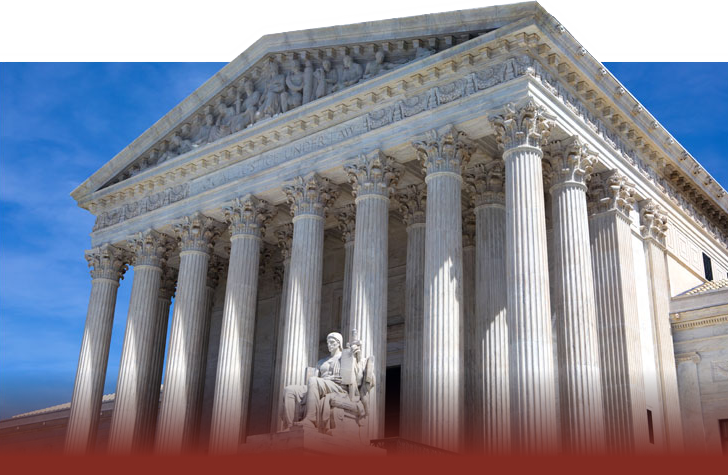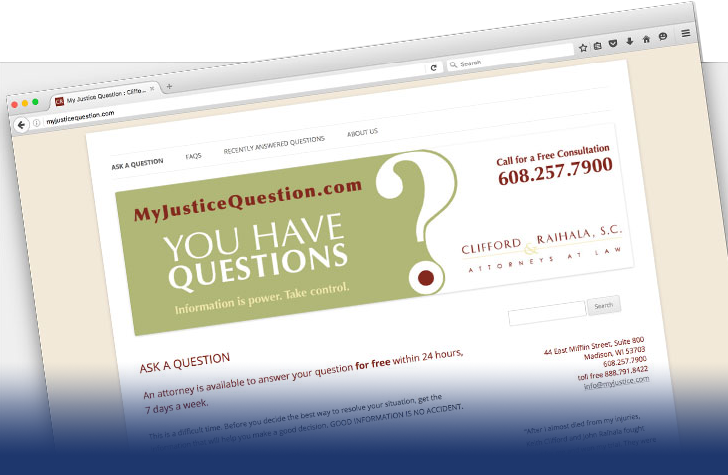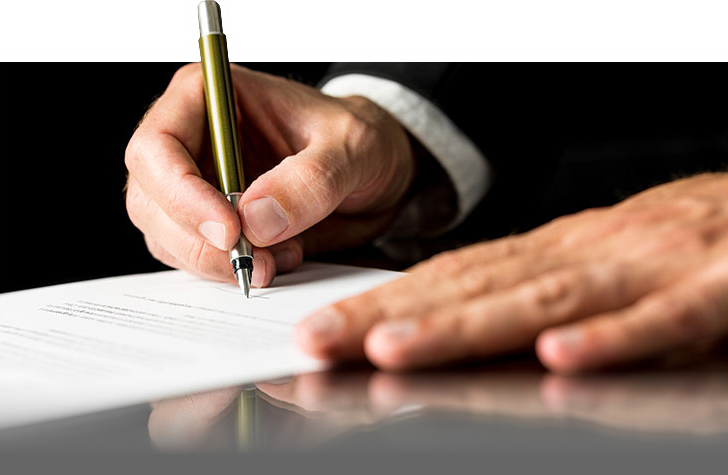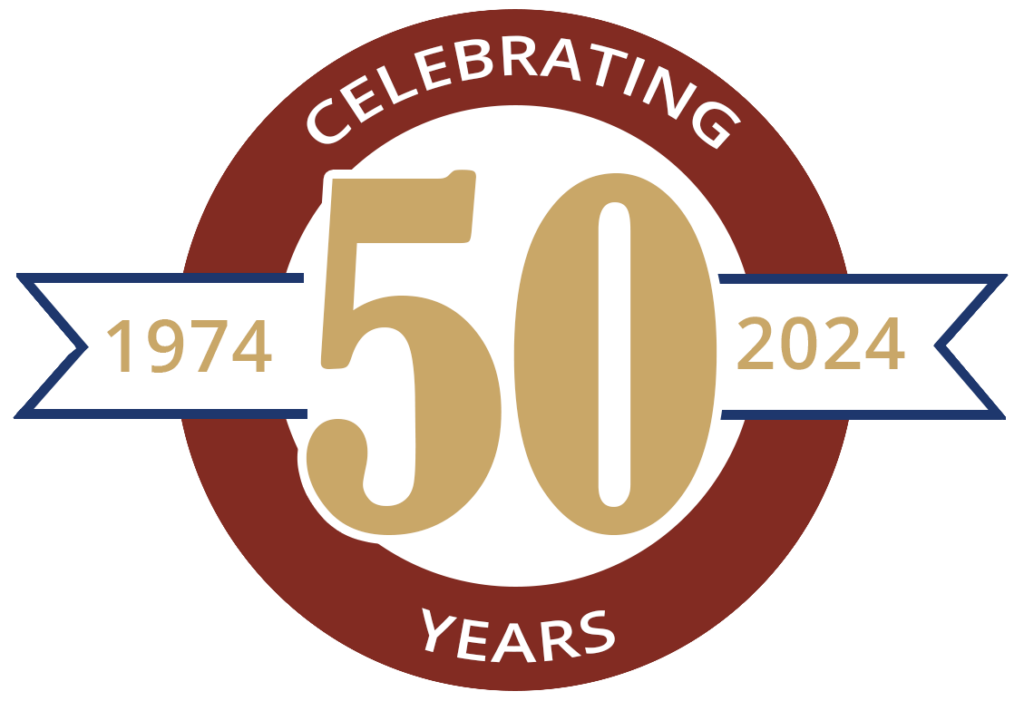Hiring a lawyer when you or a loved one has suffered from an injury can be daunting and complicated. You do not know much about the law or lawyers, and figuring out where to even start can be difficult. Below you will find tips to help you on your search for the best lawyer to handle your case.
1. Lawyer-client relationship dynamic
Know what your relationship will be like with your lawyer. Ask a potential lawyer what your working relationship will be. Certainly, you should meet with and work with the lawyer, not a staff member or assistant. The lawyer-client relationship must be based on trust and understanding. If you will be working with staff members, you cannot develop a successful lawyer-client relationship. At Clifford & Raihala, from initial conference to trial, your lawyer will be personally and professionally involved every step of the way. Just like any other relationship, the relationship with your lawyer should be based on trust.
2. Communication
When working with a lawyer, communication is crucial for several reasons.
- You want to ensure that your lawyer is a good communicator because that is precisely what you are hiring him/her to do: communicate your case to a judge, jury or another attorney while using the law to argue for an outcome in your favor.
- You need to understand how often your lawyer will communicate to you the details of your case; staying informed is important. Your lawyer will communicate with you about how your case is progressing, how long it should take and how much it should cost.
- Be sure to choose a lawyer who is willing to spend time with you to learn your case, inside and out. This shows dedication, thoroughness and professionalism.
3. Cost
Your first conversation with an attorney should address your fees and costs with clarity. There should be no confusion about what your costs may be. At Clifford & Raihala, your fees and costs will be explained in writing.
4. Experience
Serious legal matters require experienced attorneys. Experience can be measured in many ways. You should certainly ask any attorney how many years of experience, and in what types of cases, he or she has. But you also want to know not just about the individual attorney but the law firm itself. Ask about the firm or lawyer’s professional reputation, recognition and awards, and experience in handling complex legal matters. At Clifford & Raihala, we are proud of our professional reputation throughout the legal community, on state and national levels, and of our broad experience in helping injured individuals and their families.
5. Expertise
Is your potential lawyer an expert in a particular area of personal injury law? Do other lawyers refer their clients to him/her because of that expertise? All personal injury lawyers do not handle every type of P.I. case. Look for an attorney with experience and an intricate understanding of the law for your specific type of case.
6. Lawyer work style
When you meet with a potential lawyer, you need to decide if he/she and you will have a compatible relationship. Consider whether the lawyer listens well to your problems, understands how it impacts your life and your family, and appreciates your concerns. As well, ask yourself if the lawyer has clearly answered your questions and explained how your case will be pursued. You need to be confident that your lawyer will work with you in partnership to develop your case and achieve success.
7. Professional network
Does your potential lawyer have a vast professional network of experts? Many personal injury cases involve testimony of expert witnesses. Again using the malpractice example: You are suing a doctor because she left a surgical tool in your body when you underwent surgery. Your lawyer might call as witnesses a doctor who specializes in that particular area of surgery and another doctor who is an expert in the long-term effects of foreign objects inside of a human. You want a lawyer who knows and hires experts in a variety of fields; the more resources you have at your fingertips, the more thoroughly your case will be covered.
8. Shop around
Don’t feel you should hire the first lawyer or firm you spoke with. Ask yourself:
- Did the law firm care enough to let me meet with an actual lawyer, or just some staff member?
- Did the lawyer spend sufficient time to understand my case and to answer my questions?
- Do I feel confident that the lawyer I interviewed will devote his or her time, energy and expertise to my case and not just hand it off to a staff member?
- Is the lawyer and firm I interviewed recognized professionally for excellence in the field?
9. Specialization
Understand what type of case you have so that you can find an attorney that specializes in that type of law, or has a lot of experience with your type of case.
10. Results
Ask your lawyer to give you examples of recoveries they have made on behalf of their clients. Large dollar recoveries are important, but so is a long-track record of successes in your area.
Stay in the News
How Should I Hire a Bicycle Accident Attorney?
Hiring an attorney for any legal problem is a daunting task. When [...]
What is My Motorcycle Accident Claim Worth?
If a lawyer tells you he or she knows what your motorcycle [...]
Do I Need a Pedestrian Accident Attorney?
In a word, the answer is “yes.” If you have been injured [...]
Contact Us
"*" indicates required fields





